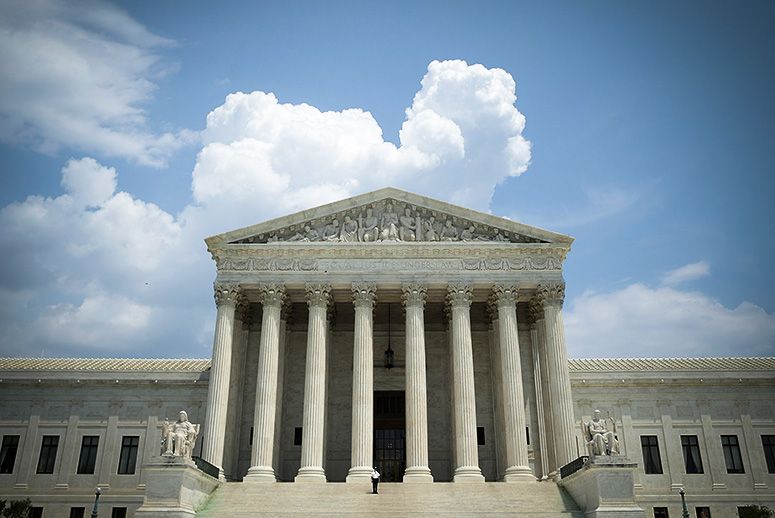-
Tips for becoming a good boxer - November 6, 2020
-
7 expert tips for making your hens night a memorable one - November 6, 2020
-
5 reasons to host your Christmas party on a cruise boat - November 6, 2020
-
What to do when you’re charged with a crime - November 6, 2020
-
Should you get one or multiple dogs? Here’s all you need to know - November 3, 2020
-
A Guide: How to Build Your Very Own Magic Mirror - February 14, 2019
-
Our Top Inspirational Baseball Stars - November 24, 2018
-
Five Tech Tools That Will Help You Turn Your Blog into a Business - November 24, 2018
-
How to Indulge on Vacation without Expanding Your Waist - November 9, 2018
-
5 Strategies for Businesses to Appeal to Today’s Increasingly Mobile-Crazed Customers - November 9, 2018
Supreme Court Skeptical Of Judges’ Role In Florida Death Sentencing
Timothy Hurst, 36, described by his lawyers as mentally disabled with “borderline intelligence” and an IQ between 70 and 78, was sentenced to death for the 1998 murder of Cynthia Harrison, a manager at a Popeyes restaurant in Pensacola where he worked. Harrison’s body was found bound and gagged with black electrical tape in the freezer. He later spent $300 on rings at a pawn shop.
Advertisement
Hurst’s attorney argues that Florida’s system is unconstitutional because juries play only an advisory role in recommending death. A jury divided 7-5 in favor of death, but a judge imposed the sentence.
The Supreme Court’s decision could seriously and forever reduce the number of people who are sentenced to death in execution-happy Florida, and, depending on the details of the outcome, spare the lives of a few of the hundreds of people who sit on death row.
Arguing on behalf of Hurst, former Solicitor General Seth Waxman said that unusual combination of circumstances made Hurst’s sentence unconstitutional.
Justices will determine whether the death penalty should be enacted if the jury does not reach a unanimous decision.
Questioning Allen Winsor, the state’s lawyer, Kennedy said, “You are saying it is possible under Florida law that the jury would not find the existence of an aggravating factor… but the judge could then proceed to find an aggravating factor and impose the death penalty?” When Winsor noted a prior Supreme Court decision holding that a 10-2 jury vote requirement is the “functional equivalent” of unanimity, his pressing on that point led justices to question whether the court should, if needed, overrule that prior ruling.
In Florida, after being found guilty in a capital murder trial – one where the defendant could face death – the jury then considers aggravating and mitigating factors before recommending a sentencing decision.
“The justices seem likely to decide that Florida’s death-sentencing scheme is unconstitutional”, wrote the Economist.
Justice Elena Kagan appeared troubled that the entire appeals process in Florida focuses only on the judge’s findings, suggesting the judge makes “the crucial death penalty eligibility determination”.
The justices are due to issue a ruling by the end of June.
Advertisement
But much of the argument concerned whether the Supreme Court had jurisdiction to review the Louisiana Supreme Court decision applying the federal retroactivity doctrine in the case, which did not come to the court as a habeas appeal, the National Law Journal explains.





























